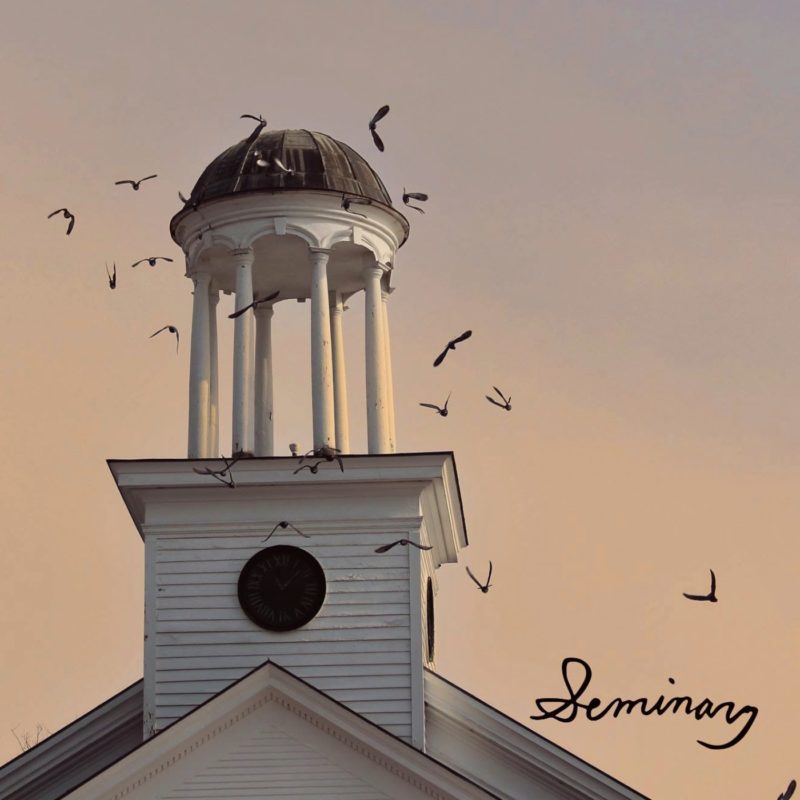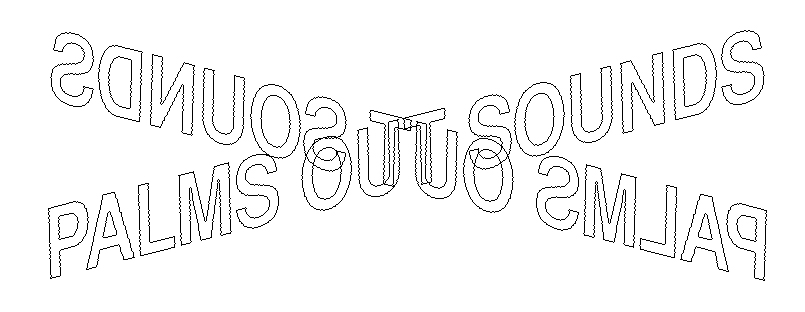
Even if you don’t know it by name, you know the sound of a Waterphone. It’s that haunting dissonant whimper of delicately vibrating metal that sounds a bit like the call of a whale’s ghost; it’s present in virtually every horror movie since Poltergeist, and many blockbuster thrillers and epics like Aliens, Jurassic Park, The Matrix, and innumerable other films. It’s a sound that Hollywood has ensured is inescapably linked to the feelings of dread and tension. The instrument was created in the 60s by the late artist Richard Waters after he encountered a unique Tibetan tonal instrument that he described as a “water drum” (which has incorrectly been associated by other writers with the Jibara water drum, nothing like what Waters has described playing). The instrument he found—and apparently never saw again—created pre-echoes and bent tones when it was struck, as the result of small amounts of water moving across its flat bronze surface.
Influenced by his single encounter with this instrument, and other resonant metal percussive instruments like the Kalimba and 16th century nail violin, Waters built the Waterphone, comprising a shallow bronze or steel bowl that holds water, with a resonating tube and handle jutting out from its middle, and a series of metal rods of varying size lining its edge. These rods are then carefully tuned using a combination of micro-tonal and diatonic relationships that Waters came up with, leading not to a unified scale, but instead to multiple integrated scales with both even and odd increments. Until his death in 2013, Waters built each Waterphone by hand and ear, using a metal forging technique he developed over the course of 40 years.
It’s almost impossible to hear the Waterphone without being transported into a horror film, but that tight association does the instrument somewhat of a disservice. There ought to be room to use its sounds effectively in the context of resonant, pleasant, or even playful music, not only to communicate moments of serious, fearful, dissonance. On her new EP seminary, Vermont-based artist Analise Hausmann seems to make a noble attempt to do so.
Intended to honor and find holiness in life’s more ordinary parts, seminary vacillates between the meditative choral ambience and found-soundscapes of songs like “cars” and “‘come on, I’ll catch you’”, to disorientingly hypnotic songs like “tuning” or “reflecting headlights” that appear to use the Waterphone heavily, closely in tandem with Hausmann’s violin. I asked her about the choice to use a Waterphone, and it turned out the sounds to which I had been referring were not, in fact, the product of a real Waterphone. Instead, Hausmann had managed to recreate—unintentionally—the sound of the Waterphone through experimentation with the modular synthesizer software VCV Rack. Though unplanned, the distinct sound she stumbled upon can still evoke all the feelings a strike of the Waterphone would, and it seems fitting in the context of her concept for the record. Waters crafted his instruments with a reverence generally reserved for religious objects and high art—imbuing them with a sense of holiness—but they nonetheless became most associated with pop-horror and thrill, reduced to evoking only fear. Hausmann’s record attempts to take mundane moments like the passing of a car and the melting of ice and breathe into them a sense of greater significance.
I’ve written often about the musical-emotional value of ordinary life and its building blocks. Hausmann does an excellent job recontextualizing not only the sound of the Waterphone, but also the sounds of the forest and everyday winter life in a Vermont college town. At its most serene, seminary evokes pious virtue and a sense of sorrowful profundity. But elsewhere on the record—partly because of Hausmann’s bold use of the pseudo-Waterphone—the record provokes in me a near-maniacal level of oxytocin-response, and instead manages to radiate mischief and whimsy. It’s perhaps inescapable in those moments not to imagine in that Vermont forest something like a witch or a warlock snickering over a bubbling cauldron. But I don’t see those images as if they were from a horror film; instead I’m reminded of how possible it can be to find something unusual in the innocuous.
Find seminary for streaming all over, or download the record on bandcamp for whatever you wish to pay.
Analise Hausmann – “‘come on, I’ll catch you’” (mp3)
Analise Hausmann – “tuning” (mp3)

